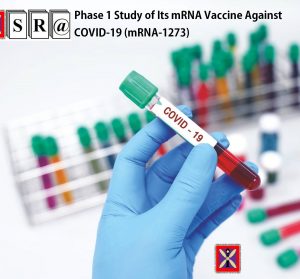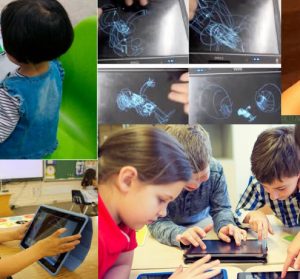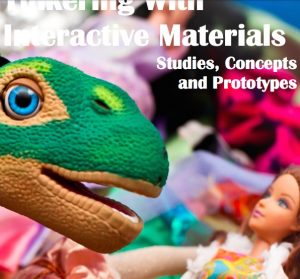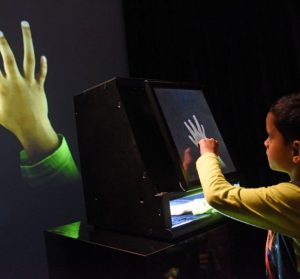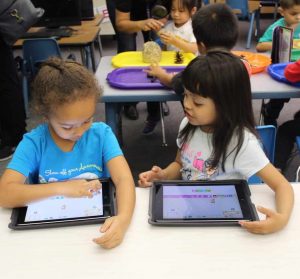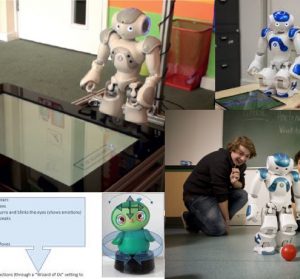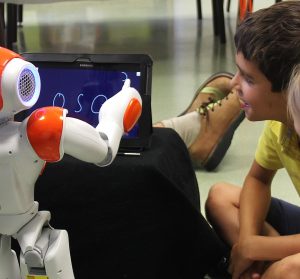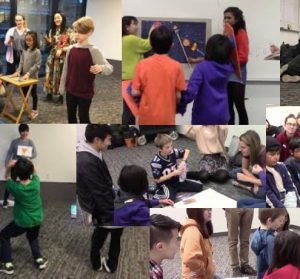 You can! (Unless you are a spammer) Our authors range from experienced writers to first-timers. As our process includes editorial oversight, we can be a great place to publish your first piece.
You can! (Unless you are a spammer) Our authors range from experienced writers to first-timers. As our process includes editorial oversight, we can be a great place to publish your first piece.
You need an idea, something you want to share, and the ability to put together an outline to show us that your idea is likely to be of interest to our readers. From that point on, we can give you any help that you need as you write and revise your article. Experienced writers all started somewhere, we would be honored for you to start your writing career with us.
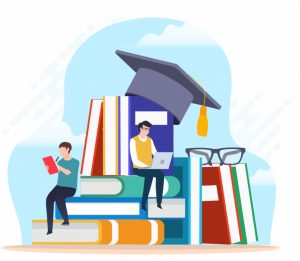
We publish articles written by people who work on the web, for people who work on the web. These include:
- Research — the subfield of publishing which distributes academic research and scholarship.
- Thesis — A thesis or dissertation is a document submitted in support of candidature for an academic degree or professional qualification presenting the author’s research and findings.
- Tutorials — Either helping people get started with new technology, or walking them through the process of building a project.
- Opinion — Do you have a strong opinion on something in our industry and the research to back it up? These can make useful talking points.
- Ultimate Guides — Longer articles digging into a subject. A reference piece that people will return to time and time again.
- Case Studies — What did you or your company learn from a particular project. These need to focus on practical examples that will be useful to other people, not just a good story.
KSRA department of education
Our mission is to promote student achievement and preparation for global competitiveness by fostering educational excellence and ensuring equal access.
 You can! (Unless you are a spammer) Our authors range from experienced writers to first-timers. As our process includes editorial oversight, we can be a great place to publish your first piece.
You can! (Unless you are a spammer) Our authors range from experienced writers to first-timers. As our process includes editorial oversight, we can be a great place to publish your first piece.
